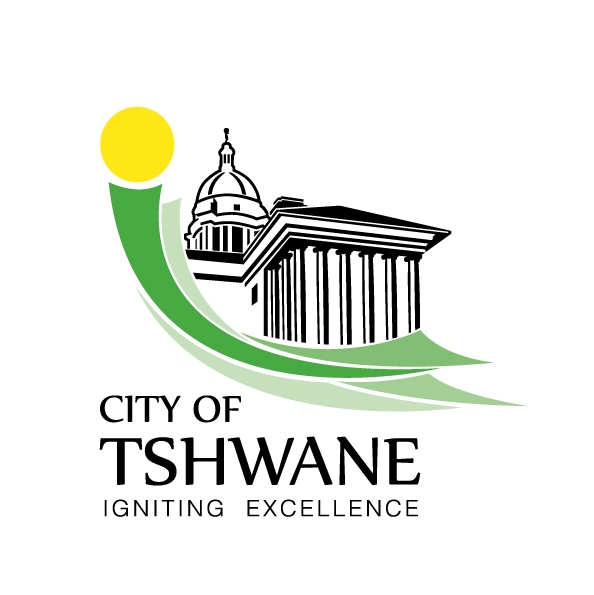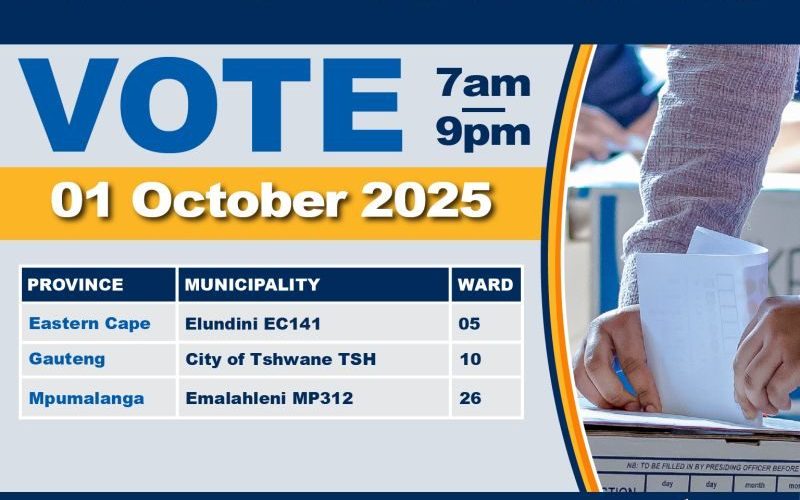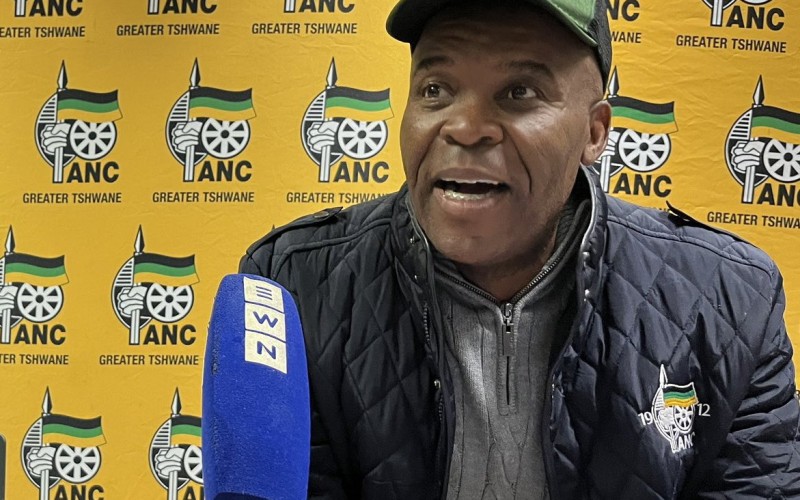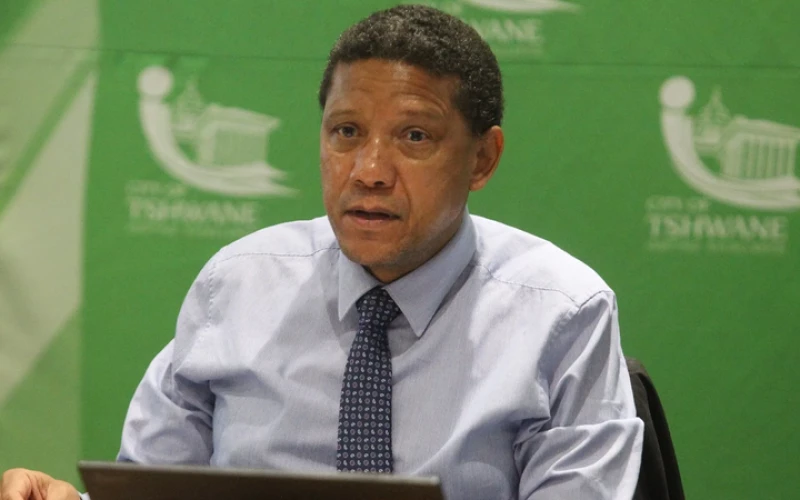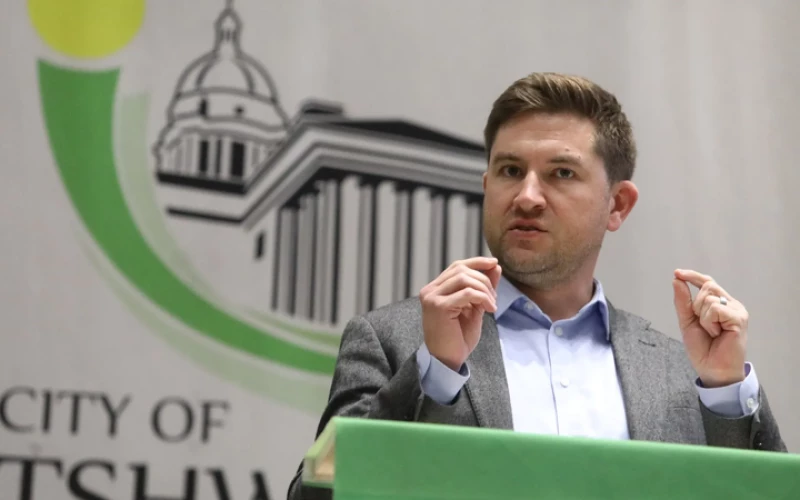The situation in Tshwane highlights the complexities of coalition politics in South Africa.
The political and governance crisis unfolding in Tshwane underscores the delicate nature of coalition politics in South Africa’s local governments. The removal of Cilliers Brink, and the subsequent contestation for the position of Executive Mayor, reveals the inherent instability within coalition alliances, particularly in the broader context of the Government of National Unity (GNU) and the Gauteng Government of Provincial Unity (GPU). This has placed the “Stability Pact” between the Democratic Alliance (DA) and the African National Congress (ANC) under significant strain, particularly as Helen Zille, DA Federal Chairperson, accuses Gauteng’s ANC leadership of defying national directives. Zille insists that the removal of Brink violates their agreement aimed at securing stability in Gauteng’s metropolitan municipalities and Nelson Mandela Bay. The DA has made it clear that Brink’s reinstatement as Executive Mayor is non-negotiable for the resumption of talks with the ANC. However, the ANC in Gauteng stands firm on its position that the party with the majority votes in a coalition should lead the council, nominating two candidates of its own for the mayoral role. ActionSA’s involvement adds another layer of complexity. Their push for Dr. Nasiphi Moya, the former deputy mayor, to be appointed signals that smaller parties are now seeking a more active role in governance, rather than serving as passive partners. This shift reflects a growing trend where smaller coalition members are asserting their influence in critical decisions, which could alter the balance of power in local governance. As parties intensely negotiate to find common ground on a mayoral candidate, Tshwane remains without a mayor or an executive council. The resolution of this crisis is crucial, not only for the stability of Tshwane but also for the broader Government of National Unity (GNU). The outcome could have far-reaching consequences, potentially influencing coalition dynamics ahead of the 2026 local elections and reshaping alliances at both local and national levels.
Photo source: https://www.tshwane.gov.za/
Author: Boikanyo Nkwatle

